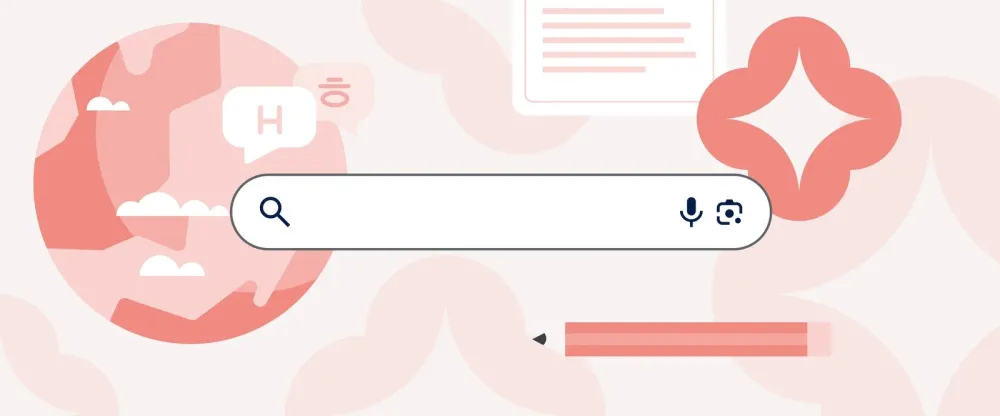Google has begun testing Search Labs & experiments in more than 120 countries and territories
During the Google I/O 2023 event, Google announced the launch of an enhanced version of its Google Search service, infused with the latest autogenetic artificial intelligence technology. Initially rolled out in English-speaking regions such as the United States, Japan, and India, this service has now ambitiously expanded to encompass 120 countries worldwide, offering support in seven languages. In addition to this, Google is progressively integrating artificial intelligence into its array of products and services, including its advertising strategies and applications within YouTube content.
This year’s update to Google Search primarily involves the integration of autogenetic artificial intelligence into the search mechanism. Users can now input queries in natural language and receive automatically generated content at the top of their search results, while traditional search listings are still displayed below.
Following the initial launch in the United States, Japan, and India, Google has finally extended this innovative search service to 120 countries. The service now includes additional language support for Haitian Creole, Indonesian, Japanese, Korean, Brazilian Portuguese, and Spanish from Latin America, building upon its foundation in English.

However, akin to the versions previously released in the United States and other regions, users in the newly added countries must activate the service through Google Labs to participate in testing. Google has yet to disclose an official release date for this new version of Google Search with integrated autogenetic artificial intelligence.

As previously mentioned, Google has also begun employing autogenetic artificial intelligence more broadly in its advertising operations. This allows users to create more compelling ad content or adjust intricate details such as the ad image backgrounds. Furthermore, using the Performance Max system, advertisers can provide descriptions and information, enabling the automatic generation of engaging advertisements.
Currently, the new version of the advertising service is being beta-tested within the United States, with expectations to become available in more countries soon.
Regarding YouTube service updates, Google has implemented autogenetic artificial intelligence to swiftly organize comment sections, enabling channel operators to quickly locate responses reflecting diverse viewpoints. This tool also summarizes key points of videos swiftly. Presently, this feature is exclusively available to Android users within the United States and is limited to YouTube Premium subscribers, with content recognition restricted to English. However, it is anticipated that support for additional languages will follow.






